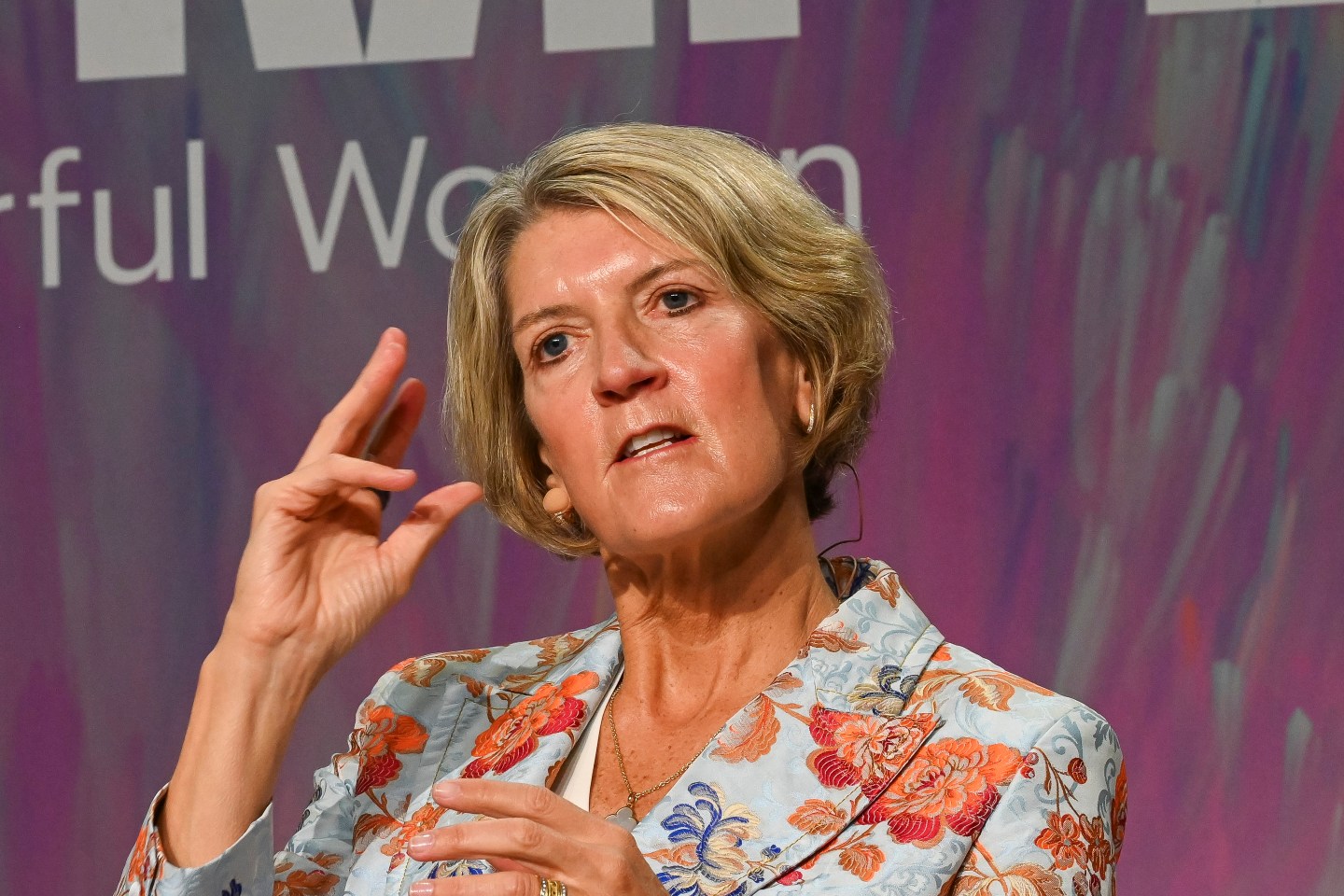This is the web version of The Ledger, Coins2Day’s weekly newsletter covering financial technology and cryptocurrency. Sign up here to get it free in your inbox.
Coins2Day released its latest magazine issue this week, which features our 2020 list of companies who are changing the world. No. 3 on the list is fintech powerhouse PayPal, which has excelled during the coronavirus pandemic, seeing a jump in digital payments and leading the way on electronic stimulus payments, processing PPP loans, and addressing racial inequality.
On the latter subject, PayPal announced in June that it would commit more than $500 million to Black businesses and communities—one of the biggest corporate announcements of its kind. In August, it showed us more of what that would look like, starting with a $50 million deposit to Black-owned Optus Bank; PayPal now says most of the $500 million will be in the form of bank deposits, which will shift from traditional financial institutions to those that serve Black and other minority communities.
Indeed, it’s a trend I wrote about in a new feature story in our October issue, “Making Black Banks Matter.” PayPal, in its “Bank Black” strategy, has since been joined by Netflix, Costco, Biogen and Mastercard.
But I learned something interesting in the course of reporting this story: While the idea of shifting bank deposits to Black-owned banks as a method of corporate activism seems to have arisen this spring following the police killing of George Floyd—and the social justice protests it sparked—it’s not a brand new innovation.
Microsoft, it turns out, has held some of its cash in a Black-owned bank since 2005, according to a person close to the company: In the wake of Hurricane Katrina that year, Microsoft quietly made its first deposit to Liberty Bank and Trust, a Black-owned bank based in New Orleans, and continues to store money there.
While Microsoft would not confirm how much it keeps in the NOLA bank, the cash-rich company may well have helped effect an upset in the rankings of Black-owned banks this year. In the second quarter of 2020, Liberty Bank and Trust became the biggest Black-owned bank by assets, surpassing OneUnited Bank, which had long held the top spot.
Liberty Bank has lately undergone an extraordinary sea change in its scale: In the three months between March and June, its deposits increased by more than $101 million, or 19%; deposits were up more than $120 million for the first half of 2020. As Liberty’s CEO Alden McDonald Jr.—who has held that role since the bank was founded in 1972—told me, “This is five years of growth in six months.”
***
As many of my colleagues know, I’ve taken the opportunity of working remote this summer to do many of my Zoom meetings outdoors, weather permitting. It turns out, Bridgewater Associates, the world’s largest hedge fund with $140 billion in assets, has taken that setup to a new level: Since May—in light of the coronavirus and the dangers of office work—many of the hedge fund’s employees have been working from tents in the woods outside Bridgewater’s Connecticut headquarters.

Bridgewater has struggled this year with a bout of poor performance as well as a gender discrimination lawsuit and complaints over pay. But perhaps working out among the trees and the birds can help at least distract from those problems, if not fully alleviate them. Here’s an excerpt from a piece I wrote about it for Coins2Day’s new issue:
If the bucolic scene has some of the look of a campground, it also has much of the feel. Bridgewater staff have learned to protect their chairs from falling tree sap, and replaced their screens and webcams with weather-resistant versions after the original ones failed within a couple of weeks of outdoor exposure. The firm even solved for its new feathered neighbors’ chirping on video calls, deploying noise-canceling software Krisp—which also helps those with kids and barking dogs at home. (“I hear a lot of birds; you don’t hear any of them,” Bar Dea explains via Zoom, in a t-shirt and bare feet, having kicked off his flip flops.)
And with that, happy second official day of fall.
Jen Wieczner
DECENTRALIZED NEWS
Credits
The U.S. Comptroller of the Currency says banks may hold stablecoins for customers... Russian tech giant Yandex agrees to buy a bank... Stripe workers who leave SF and NY get a $20k bonus (and a pay cut)... Forked clones are a clear risk for DeFi, but there are ways to defend against them... Transferwise revenues grew 70% in FY2020... Fintech-for-startups Uncapped raises $26M.
Debits
Wells Fargo CEO says there's a "very limited pool of Black talent", a view that might explain the bank's history of discrimination... North Korea launders money through U.S. Banks... Citigroup puts employee who ran Qanon group on leave... Son of Quicken Loans Chairman celebrates big contract with Quicken Loans... HSBC stock drops below 2009 low after corruption allegations... Libra cofounder leaves Facebook... Veteran forex traders love Bitcoin's volatility... CoinbasePro will start passing Ethereum fees on to users... Europe's fintechs face a dire funding crunch.
BUBBLE-O-METER
-48.49%
The price decline in the $YFI crypto token between its peak on Saturday September 12 and its low on Monday September 21 (data courtesy Coingecko). YFI is the token of Yearn Finance, one of the leading projects in the so-called "Decentralized Finance" movement. As we've chronicled here, DeFi has seen enormous growth over the past few months, but all great bubbles come to an end. This one seems to have been punctured at least in part by Sushiswap's shenanigans, which may have shaken users' faith in the trustworthiness of the space as a whole.
It's not all gloom and doom, though - DeFi's "Total Value Locked," or the amount of crypto deposited as collateral across an array of blockchain-based lending and trading platforms, has returned roughly to pre-Sushiswap levels.
FOMO NO MO'
These documents... Expose the hollowness of banking safeguards, and the ease with which criminals have exploited them. Profits from deadly drug wars, fortunes embezzled from developing countries, and hard-earned savings stolen in a Ponzi scheme were all allowed to flow into and out of these financial institutions, despite warnings from the banks’ own employees.
From the FinCEN Files, a sprawling investigation from Buzzfeed News based on a trove of Suspicious Activity Reports between U.S. Banks to the U.S. Financial Crimes Enforcement Network. The picture that emerges is of a regulator unable or unwilling to act on the information provided by banks, leaving banks with no incentive to stop transactions that evaded sanctions or stemmed from nefarious crimes. Implicated banks include HSBC, JPMorgan, and BNYMellon. But unsurprisingly, Deutsche Bank leads the pack on suspicious activity reports. For more insight, I highly recommend Dark Towers by David Enrich, which chronicles Deutsche's devolution into something resembling a global criminal enterprise with just the perfect sprinkling of plausible deniability.
THE LEDGER'S LATEST
Fed's Stablecoin ruling could juice Facebook and Square's crypto ambitions - Jeff John Roberts
Inside the weird new world of social forex trading - Brooke Henderson
Mastercard pledges $500 million to promote black financial inclusion - Rey Mashayekhi
Ransomware attack on hospital may be first ever to cause a death - Robert Hackett
Chime is now more valuable than Robinhood - Anne Sraders
Institutions are driving a new gold rush - Nicholas Rapp and Brian O'Keefe
Lawmakers look at more targeted stimulus approach - Aric Jenkins
Zero interest isn't good enough for global stocks - Bernhard Warner
MEMES AND MUMBLES
This edition of The Ledger was curated by David Z. Morris. Contact him at [email protected]












